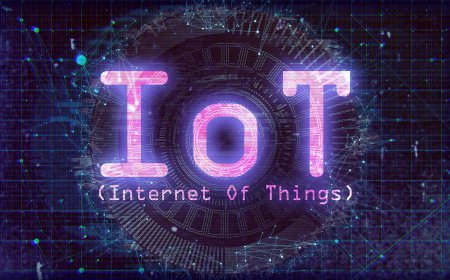Becoming a Successful Doctor requires more than simply academic brilliance and scientific information. It's an annoying profession that demands a unique combo of tough abilities (technical skills) and tender competencies (non-public features) to navigate the complexities of patient care and excel in the scientific field.
1. Master the Core Medical Skills
Diagnostic Expertise: The ability to correctly diagnose and interpret clinical signs and signs and symptoms is the cornerstone of effective treatment. Successful Doctor need to possess a deep understanding of human anatomy, physiology, and sickness procedures.
Clinical Proficiency: Performing physical examinations, administering treatments, and interpreting clinical tests are vital clinical competencies that doctors want to be assured and able of.
2. Hone Your Soft Skills: The Human Touch
Communication Skills: Excellent verbal exchange is critical for constructing belief with sufferers, conveying complex scientific facts in a clean and comprehensible manner, and taking part successfully with healthcare teams.
Empathy and Compassion: Doctors address patients at their most inclined, and the ability to empathize with their struggling and display proper compassion is essential for constructing rapport and imparting holistic care.
3. Develop Adaptability and Resilience
Critical Thinking and Problem-Solving: Medicine is dynamic, and docs want that to allow you to think seriously, examine conditions, and make sound selections under stress, regularly with restricted data.
Lifelong Learning: The scientific field is continuously evolving, and docs have to be committed to non-stop learning and adapting to new technology, research findings, and first-rate practices.
4. Cultivate Teamwork and Collaboration
Collaboration with Healthcare Teams: Effective patient care regularly involves operating alongside nurses, specialists, therapists, and different healthcare specialists. Doctors want to be adept at teamwork, communique, and collaboration to ensure coordinated and complete care.
Leadership and Advocacy: Physicians regularly play leadership roles within healthcare groups, and some may even pursue management positions in hospitals or clinical businesses. Effective leadership abilities and the ability to advocate for patients' needs are treasured property.
Also see: tech news latest: Elon Musk’s Neuralink Makes History with First Human Brain-Chip Implant
How People Develop the Skills to Become Successful Doctor
Medical School Education: Medical colleges provide a rigorous curriculum that equips college students with the foundational medical information and scientific capabilities required for practicing medicine.
Residency Training: Residency packages provide hands-on experience in health facility settings, allowing clinical graduates to refine their medical capabilities below the supervision of experienced physicians.
Continuing Medical Education (CME): Ongoing knowledge of and expert improvement are essential for doctors to live up to date on modern-day clinical advancements and maintain their competence. This may be performed through meetings, workshops, online guides, and self-directed mastering.
Mentorship and Role Models: Seeking steering from skilled medical doctors and mentors can provide treasured insights, and realistic recommendations, and assist for the duration of a physician's profession.
Additional Tips for Aspiring Doctors
Develop strong time control and organizational competencies: Juggling affected person appointments, administrative duties, and continuous studying requires wonderful time control and organizational talents.
Maintain a healthy work-existence balance: The annoying nature of the scientific profession can lead to burnout if now not properly controlled. Prioritizing self-care, preserving a wholesome way of life, and spending time with cherished ones are vital for long-term achievement and well-being.
Remember, becoming a successful doctor is a journey, now not a destination. It requires willpower, difficult paintings, and a continuous commitment to getting to know and self-improvement. By honing both your technical and interpersonal abilities, developing adaptability and resilience, and fostering a collaborative spirit, you may equip yourself for a satisfying and impactful career in medication.
Also see: Education News India
Follow us for More Updates
Like Us on our Facebook Page: Click Here
Like Us on Instagram: Click Here 




























